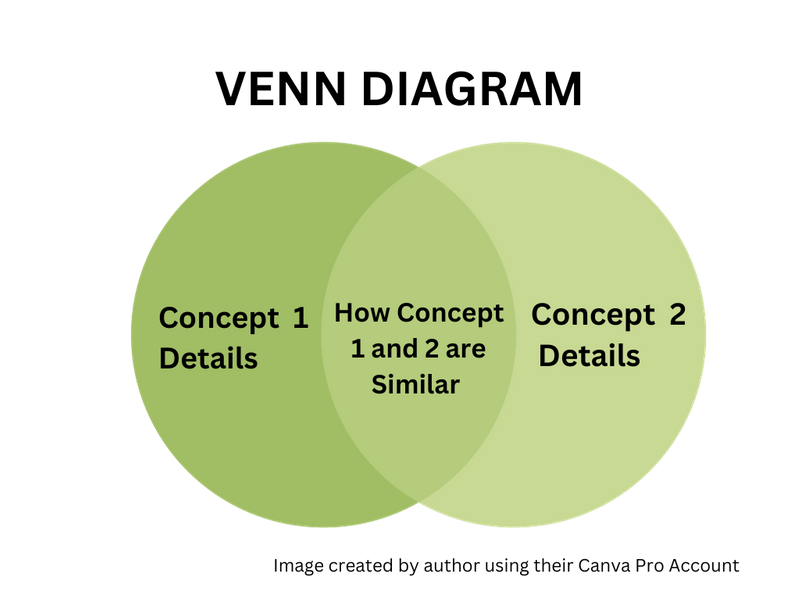Do you struggle with low motivation and are easily distracted when studying for exams? Or have you ever looked at an exam and your mind just goes blank even though you studied? This was me!

I wish I'd known strategies to study smarter and not harder when preparing for exams.
Feeling a little overwhelmed? No worries! I got you! Here are the winning strategies I use to tackle some of my studying challenges.
Struggling with Motivation
Do you feel like you'd rather do anything than study?
You can overcome low motivation by finding relevance and developing a growth mindset. 
Find Relevance
Determine why passing the exam is important to you.
Don't look at the exam as only a test.
Do look at the bigger picture. How does the exam fit into your long-term goals?
Adopt a Growth Mindset
Growth Mindsetmeans you can learn any subject with hard work and practice.
Don't say, "I can't learn philosophy."
Do say, "I can learn philosophy with practice."

These strategies are great for improving focus. After all, learning is hard enough without feelings of self-doubt!
Quiz
Grayson doesn't feel motivated to study for an upcoming math exam. He feels studying is pointless because he believes he's not good at math. How can he increase his motivation to study? Select all that apply:
Getting Easily Distracted
When studying, you can be distracted from anything, from phone alerts to wayward thoughts.

Reduce distractions during study sessions by planning, creating a study space, and using self-discipline.
Stop Those Distractions!
Create a Study Schedule
Tell household members your study schedule to prevent unimportant interruptions.
Design Your Ideal Study Space
Keep in mind what helps and what distracts your focus.
Ask yourself, do I like background noise or quiet corners?
Stop Wayward Thoughts
Stop wayward thoughts in their tracks by reminding yourself to stay on task.
Writing down these thoughts while studying can make them less distracting.

Sometimes, distractions are unavoidable! In noisy areas, I use headphones to listen to classical music.
Quiz
Carrie's roommate usually has friends over on Friday nights. Carrie knows she usually gets distracted from studying during these times. Pick all the best places Carrie can study this Friday night for her exam on Monday.
Forgetting Information Part 1
Sitting down to a test and your mind going blank is one of the worst feelings ever.

Organizing information in your study guides can go a long way in helping you rememberthat information.

Chunk Information
Break down larger concepts into smaller chunks of information (aka "chunking"). Check out this YouTube video for some chunking strategies.

Use Visual Aids
Create visual aids like pie charts, diagrams, and mind maps to visualize information.
Forgetting Information Part 2
There's one more strategy that I like to use when studying for an exam.

Acronyms
Acronyms are words created using the first letter from a list of names or a procedure. They're useful for remembering procedures or a list of words.
Check out this YouTube video for helpful ways to use acronyms while studying.

Using chunking, visual aids, and acronyms helps you organize information so that it will be easier to remember!
Practice! Practice! Practice!
You're now motivated, organized, and have some useful notetaking strategies. Now it's time to study!

Practice Makes Perfect
Take practice quizzes when studying to help remember information and lower test anxiety.
Flashcards
Flashcards are the perfect way to practice remembering important information.
You can create digital flashcards online using sites like Quizlet.

Teach It
You can't teach what you don't know! Practice remembering information by teaching someone the exam material.
This is a good way to strengthen your understanding of exam concepts.

When reading textbooks, chapter learning outcomes, key terms, summaries, and end-of-chapter questions are good places to find or create practice questions for your exam.
Take Action

You got this!
Your feedback matters to us.
This Byte helped me better understand the topic.


